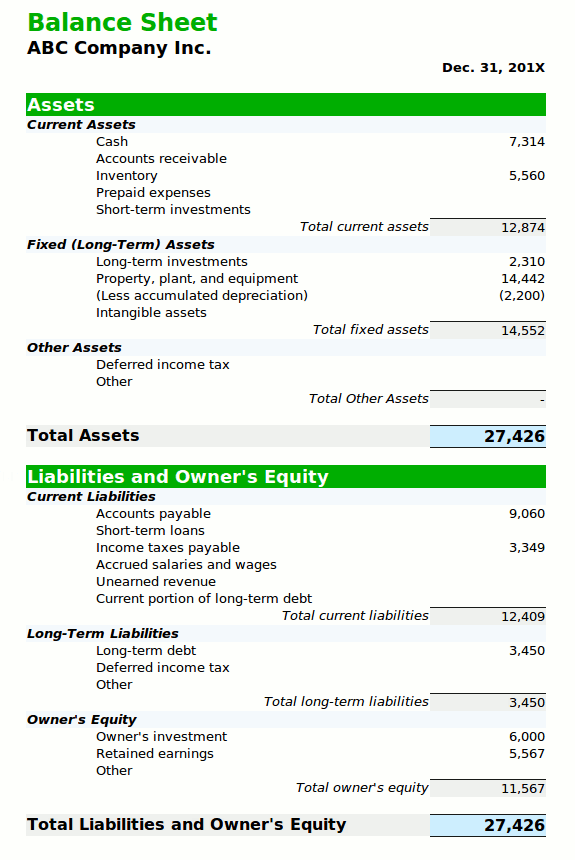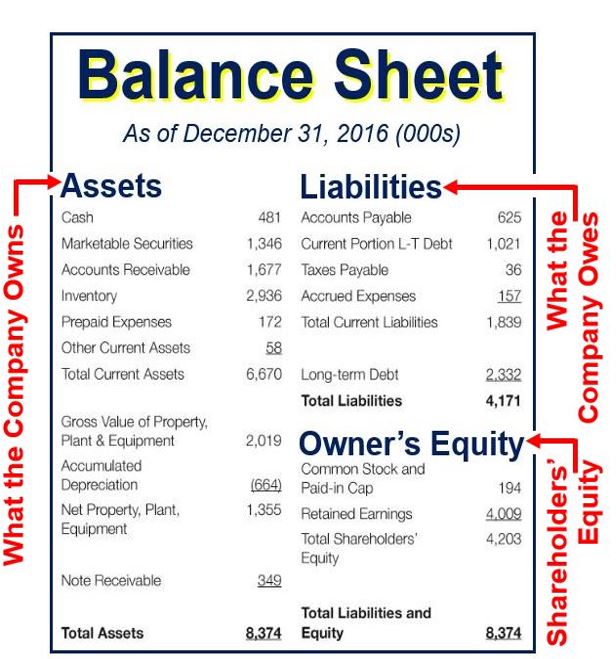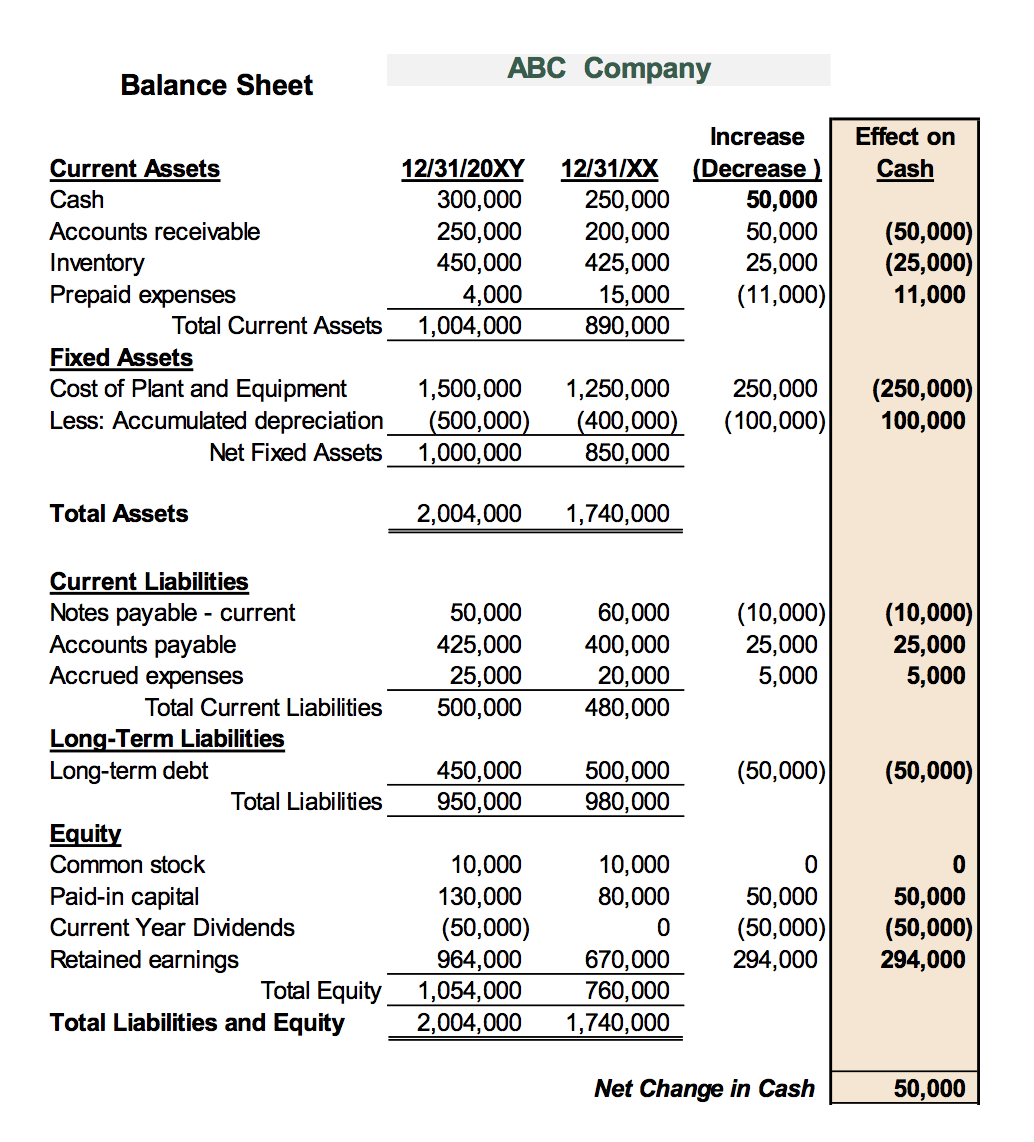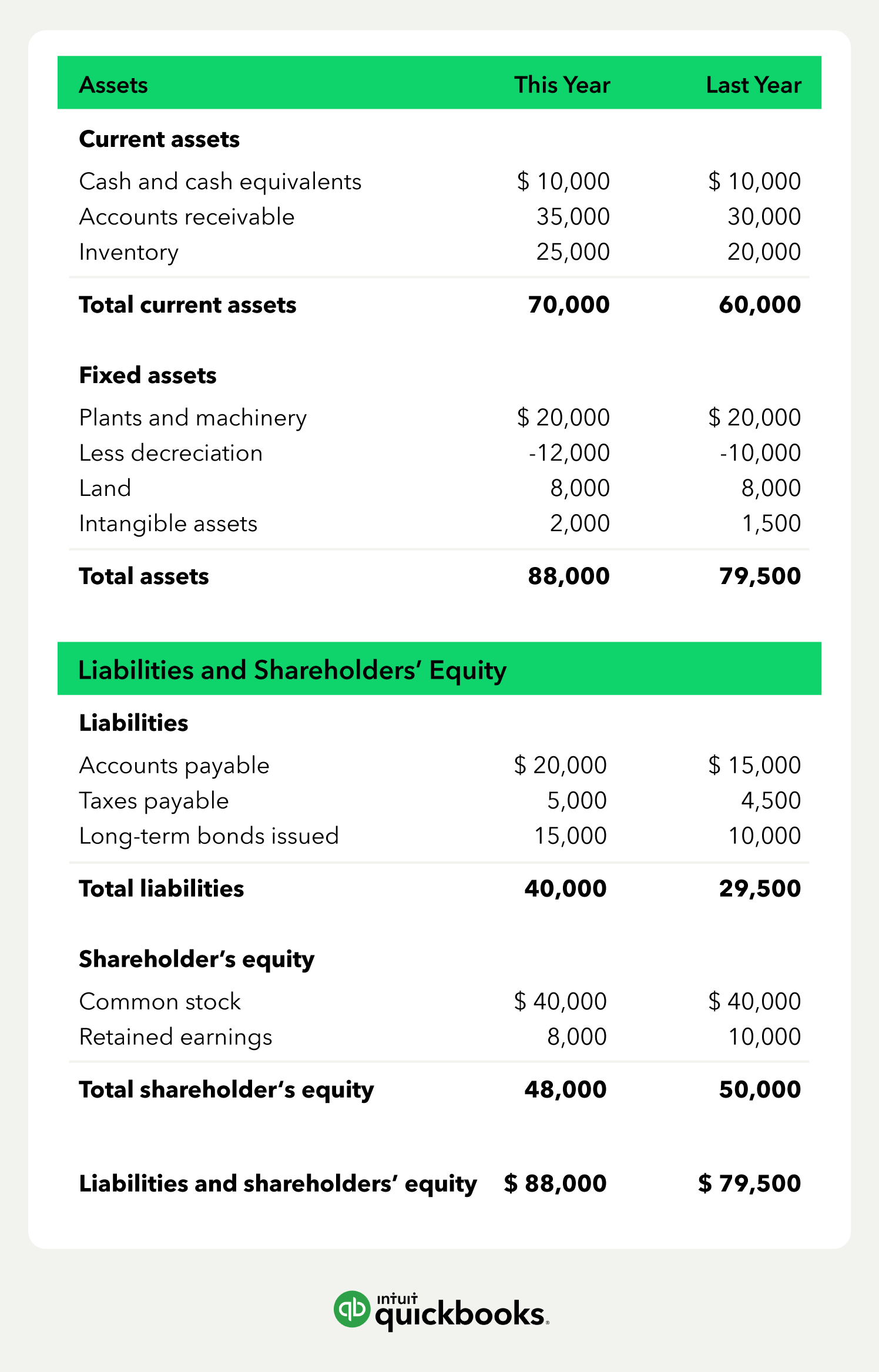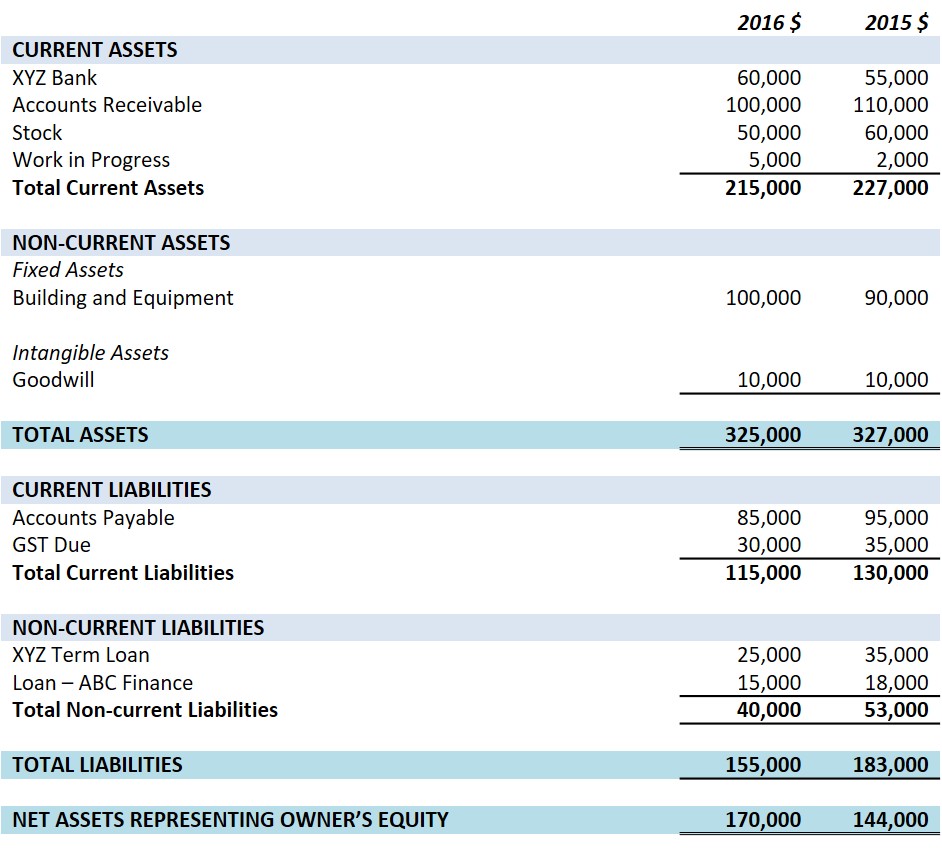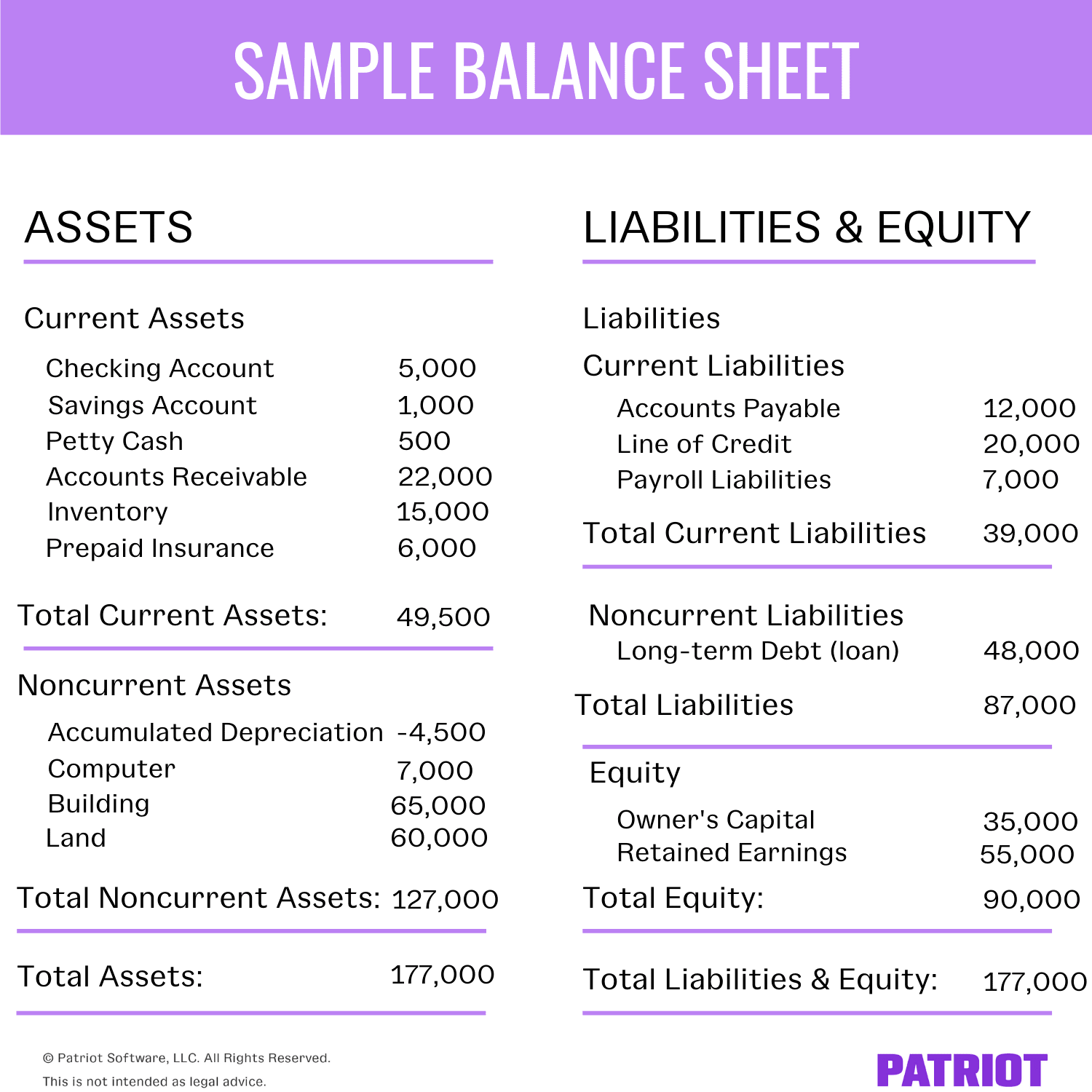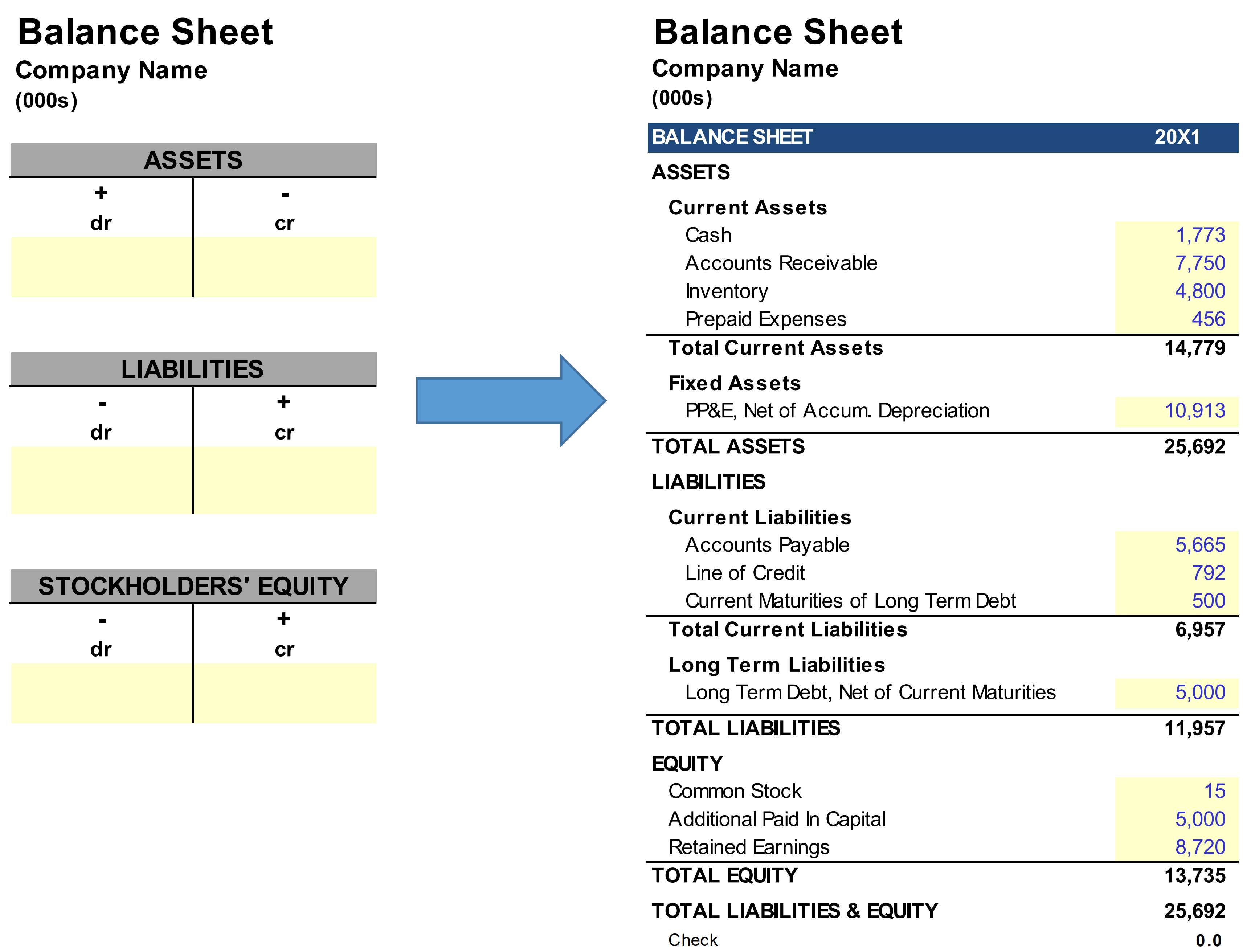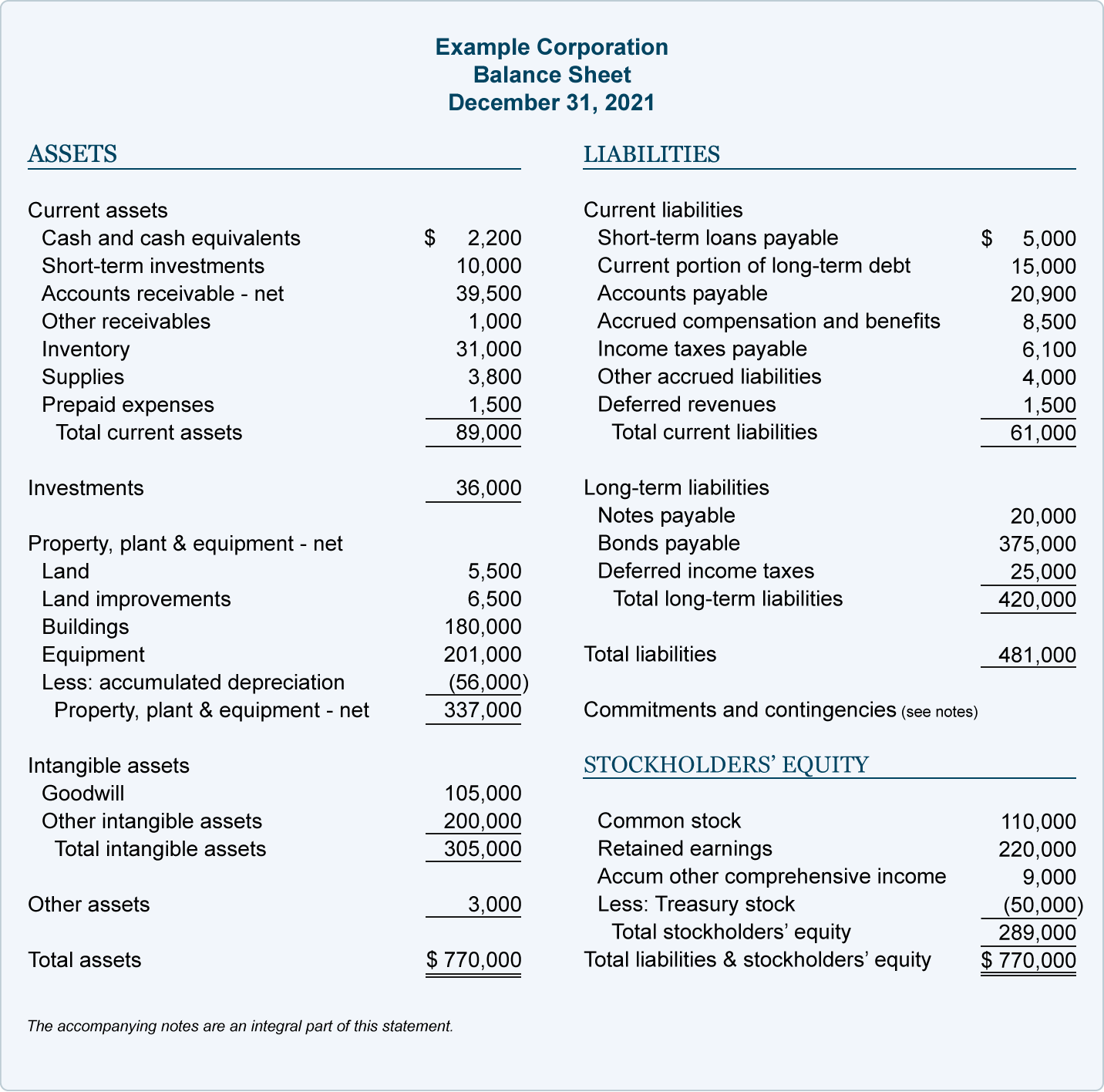What Is Cash On The Balance Sheet - The cash equivalents line item on the balance sheet states the amount of cash on hand plus other highly liquid assets readily convertible into cash. The most liquid of all assets, cash, appears on the first line of the balance sheet. Cash and cash equivalents mainly refer to the line items on the balance sheet that represent the underlying value of the company’s assets that are in the form of cash or any other liquid form of. A growing balance of cash over time may indicate higher sales or increased productivity. Cash levels represent a company's ability to pay its bills or debts. Cash includes currency and demand deposits, while cash equivalents are short. Cash and cash equivalents (cce) are the liquid assets on a company's balance sheet.
A growing balance of cash over time may indicate higher sales or increased productivity. Cash and cash equivalents (cce) are the liquid assets on a company's balance sheet. Cash and cash equivalents mainly refer to the line items on the balance sheet that represent the underlying value of the company’s assets that are in the form of cash or any other liquid form of. Cash levels represent a company's ability to pay its bills or debts. Cash includes currency and demand deposits, while cash equivalents are short. The cash equivalents line item on the balance sheet states the amount of cash on hand plus other highly liquid assets readily convertible into cash. The most liquid of all assets, cash, appears on the first line of the balance sheet.
A growing balance of cash over time may indicate higher sales or increased productivity. Cash includes currency and demand deposits, while cash equivalents are short. Cash levels represent a company's ability to pay its bills or debts. The most liquid of all assets, cash, appears on the first line of the balance sheet. The cash equivalents line item on the balance sheet states the amount of cash on hand plus other highly liquid assets readily convertible into cash. Cash and cash equivalents mainly refer to the line items on the balance sheet that represent the underlying value of the company’s assets that are in the form of cash or any other liquid form of. Cash and cash equivalents (cce) are the liquid assets on a company's balance sheet.
Essentials of a Balance Sheet Key Points You Must Know
Cash and cash equivalents mainly refer to the line items on the balance sheet that represent the underlying value of the company’s assets that are in the form of cash or any other liquid form of. Cash levels represent a company's ability to pay its bills or debts. Cash and cash equivalents (cce) are the liquid assets on a company's.
Balance Sheet Example For Students at Lori Bell blog
Cash and cash equivalents mainly refer to the line items on the balance sheet that represent the underlying value of the company’s assets that are in the form of cash or any other liquid form of. Cash levels represent a company's ability to pay its bills or debts. Cash includes currency and demand deposits, while cash equivalents are short. Cash.
Balance Sheet Cash Formula at Lucinda Mccathie blog
A growing balance of cash over time may indicate higher sales or increased productivity. Cash and cash equivalents (cce) are the liquid assets on a company's balance sheet. The cash equivalents line item on the balance sheet states the amount of cash on hand plus other highly liquid assets readily convertible into cash. The most liquid of all assets, cash,.
Ledger in Accounting Format, Types, and Examples
Cash includes currency and demand deposits, while cash equivalents are short. A growing balance of cash over time may indicate higher sales or increased productivity. The cash equivalents line item on the balance sheet states the amount of cash on hand plus other highly liquid assets readily convertible into cash. Cash levels represent a company's ability to pay its bills.
Difference Between Balance Sheet And Cash Flow Statement at Justin
A growing balance of cash over time may indicate higher sales or increased productivity. Cash and cash equivalents (cce) are the liquid assets on a company's balance sheet. Cash includes currency and demand deposits, while cash equivalents are short. Cash and cash equivalents mainly refer to the line items on the balance sheet that represent the underlying value of the.
What Is The Format Of Balance Sheet Design Talk
Cash includes currency and demand deposits, while cash equivalents are short. The cash equivalents line item on the balance sheet states the amount of cash on hand plus other highly liquid assets readily convertible into cash. Cash levels represent a company's ability to pay its bills or debts. Cash and cash equivalents mainly refer to the line items on the.
Beginner's Guide To Understanding Your Balance Sheet (1) Elements Of
Cash and cash equivalents mainly refer to the line items on the balance sheet that represent the underlying value of the company’s assets that are in the form of cash or any other liquid form of. Cash includes currency and demand deposits, while cash equivalents are short. A growing balance of cash over time may indicate higher sales or increased.
What Is a Financial Statement? Detailed Overview of Main Statements
Cash and cash equivalents mainly refer to the line items on the balance sheet that represent the underlying value of the company’s assets that are in the form of cash or any other liquid form of. The most liquid of all assets, cash, appears on the first line of the balance sheet. A growing balance of cash over time may.
Introduction to Financial Statements A Simple Model
A growing balance of cash over time may indicate higher sales or increased productivity. Cash and cash equivalents mainly refer to the line items on the balance sheet that represent the underlying value of the company’s assets that are in the form of cash or any other liquid form of. Cash and cash equivalents (cce) are the liquid assets on.
Basic Finance 101 Balance Sheet, Cash Flow and Operations
A growing balance of cash over time may indicate higher sales or increased productivity. The most liquid of all assets, cash, appears on the first line of the balance sheet. Cash and cash equivalents mainly refer to the line items on the balance sheet that represent the underlying value of the company’s assets that are in the form of cash.
Cash Levels Represent A Company's Ability To Pay Its Bills Or Debts.
Cash and cash equivalents mainly refer to the line items on the balance sheet that represent the underlying value of the company’s assets that are in the form of cash or any other liquid form of. Cash includes currency and demand deposits, while cash equivalents are short. Cash and cash equivalents (cce) are the liquid assets on a company's balance sheet. The cash equivalents line item on the balance sheet states the amount of cash on hand plus other highly liquid assets readily convertible into cash.
The Most Liquid Of All Assets, Cash, Appears On The First Line Of The Balance Sheet.
A growing balance of cash over time may indicate higher sales or increased productivity.
